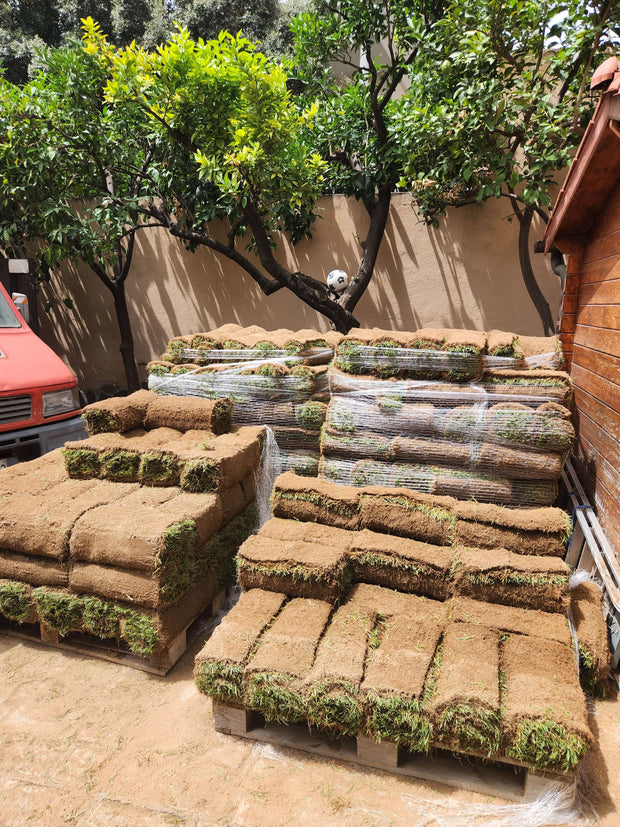Cultural diversity plays a significant role in shaping the nursery education landscape in Rome. With a large number of immigrants and expatriates living in the city, trilingual nurseries are becoming more common, reflecting the diverse backgrounds of the children attending these institutions.
Early Exposure to Languages and Cultures
One of the primary impacts of cultural diversity on nursery vivaio roma in Rome is the exposure to different languages and cultures from a young age. Children attending trilingual nurseries have the opportunity to learn and interact in multiple languages, such as Italian, English, and a third language like Spanish, French, or Mandarin. This early exposure to different languages not only helps children become bilingual or trilingual but also promotes cognitive development and cultural understanding.

Fostering Inclusivity and Acceptance
Furthermore, cultural diversity in nursery education fosters a sense of inclusivity and acceptance among children. By interacting with peers from different cultural backgrounds, children learn to appreciate and respect diversity from a young age. They develop empathy, tolerance, and open-mindedness, which are valuable qualities that will serve them well in their future interactions and relationships.
Exploring Traditions and Customs
Trilingual nurseries in Rome also provide children with a unique learning environment where they can explore different traditions, customs, and values. Through multicultural activities, events, and celebrations, children gain a broader perspective of the world around them. They learn to appreciate the richness of diversity and develop a sense of curiosity and appreciation for other cultures.
Developing Social and Emotional Skills
Moreover, cultural diversity in nursery education helps children develop their social and emotional skills. By interacting with children from diverse backgrounds, they learn to communicate effectively, collaborate, and solve problems together. They develop a sense of belonging and community that transcends cultural differences, fostering a supportive and inclusive environment for all children.

Preparing Children for a Globalized World
In addition, cultural diversity in nursery education prepares children for a globalized world. In today’s interconnected society, being able to navigate and thrive in diverse environments is a valuable skill. By learning to appreciate and respect different cultures, children become more adaptable and resilient, making them better equipped to face the challenges of an increasingly multicultural society.
Conclusion
Overall, the impact of cultural diversity on nursery education in Rome is profound and far-reaching. Trilingual nurseries provide children with a unique and enriching experience that not only enhances their language skills but also promotes cognitive development, cultural understanding, and social-emotional growth. By fostering inclusivity, empathy, and global awareness, cultural diversity in nursery education prepares children to become confident, compassionate, and culturally literate individuals who will contribute positively to their communities and the world at large